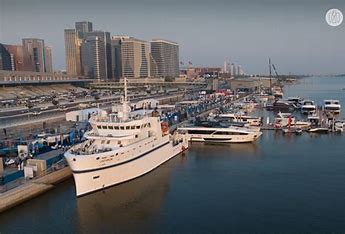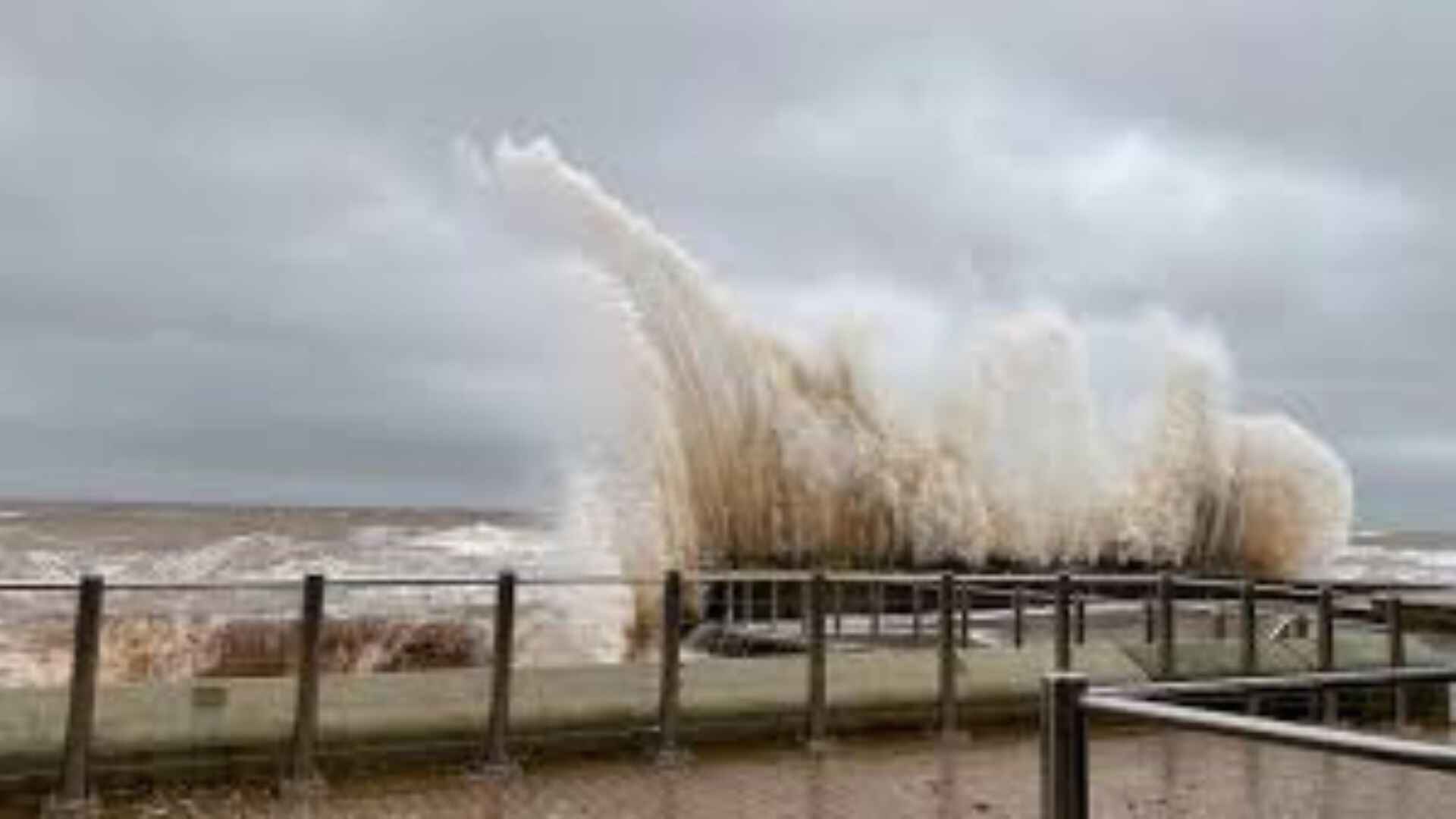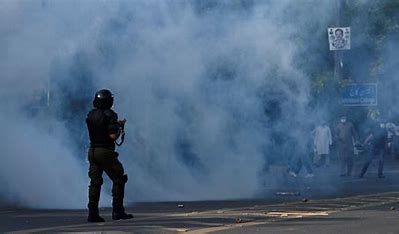
An Australian scientist believes he has cracked the case of the missing Malaysian Airlines flight MH370, which mysteriously disappeared on March 8, 2014, with 239 passengers and crew on board. The Boeing 777 was en route from Kuala Lumpur to Beijing when it vanished, sparking the largest aviation search in history. Despite extensive efforts, the search, which concluded in January 2017, yielded no conclusive results.
The scientist, affiliated with the University of Tasmania’s Institute for Marine and Antarctic Studies, suggests that the plane is resting in a deep 6,000-meter trench at the eastern end of the Broken Ridge in the Southern Indian Ocean.
Since MH370’s disappearance, various theories have emerged, but none have provided definitive answers. The official search covered a vast 120,000-square-kilometer area in the Indian Ocean, yet failed to locate the aircraft, leading to the search’s suspension in 2017.
In a post titled “Mystery of MH370 Solved by Science,” the Tasmanian scientist claims to have identified the plane’s location based on the longitude of Penang airport intersecting with a flight path from the Pilot-in-Command’s home simulator. This particular flight path had been previously dismissed by the FBI and other authorities as “irrelevant.” The proposed location is noted for its challenging and rugged underwater terrain.
The scientist emphasized the importance of verifying this location, stating, “Whether it will be searched or not is up to officials and search companies, but as far as science is concerned, we know why the previous searches failed, and science unmistakably points to where MH370 lies. In short, the MH370 mystery has been comprehensively solved in science!”
In his analysis, the scientist also compared the potential damage to MH370’s wings, flaps, and flaperon to the controlled ditching of US Airways Flight 1549 by Captain Sully on the Hudson River in 2009.
This new proposed location reignites hope that the mystery of flight MH370 may finally be resolved. However, the decision to search the area now rests with the relevant authorities.















